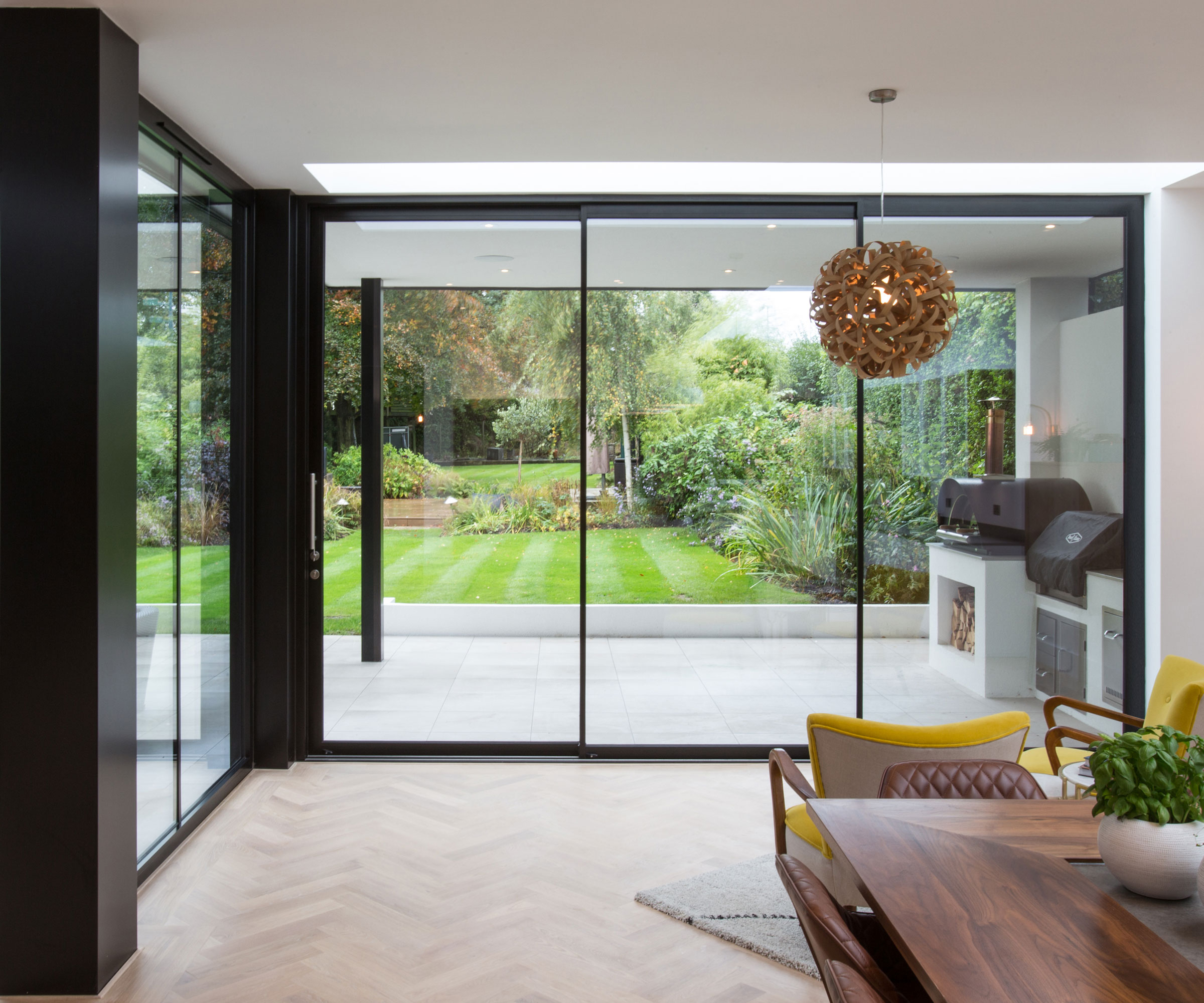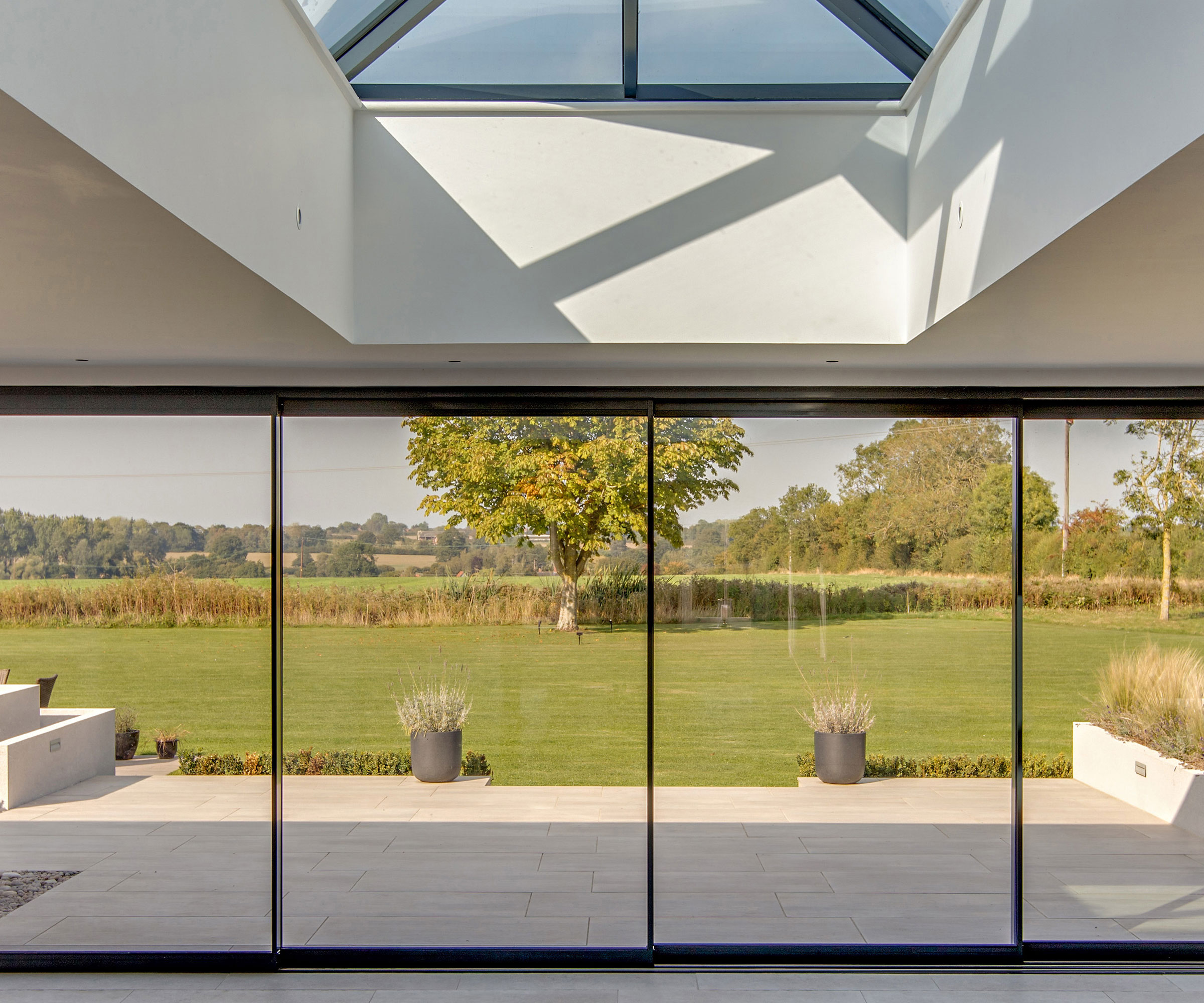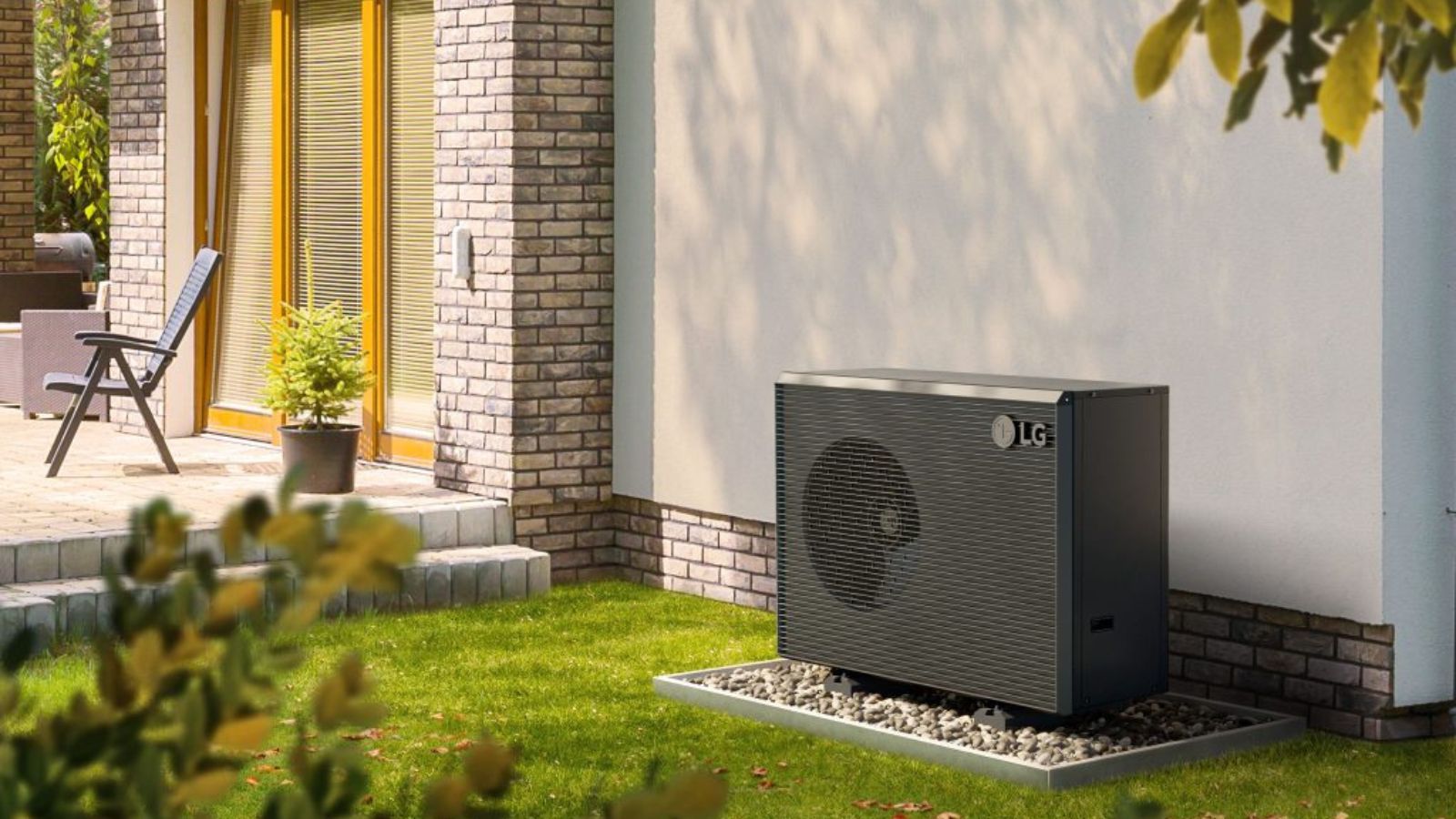Sunflex UK experts explain the risks of glazing on structurally bonded sliding doors
Before you buy your sliding doors, discover why it's vital that you know how the glazing is attached within the door frame. It could save you thousands of pounds

For the vast majority of windows and doors, whether they be uPVC, timber or aluminium, the single, double or triple glazed unit is held in place by a glazing bead. This bead clips or attaches to the frame around the edge to secure the glass and prevent it from falling out.
To achieve sliding doors with slimmer frames, a number of manufacturers have opted to bond or glue the glass to the frame to hold it in place and to give the panels the necessary rigidity. These ‘structurally bonded’ systems have the glass glued to the door frame all round with a permanent adhesive so the door and glass becomes one item – meaning the glass is no longer a serviceable item without replacing the whole door panel itself.
How do I know if I am buying a structurally bonded sliding door?
Ask your door supplier directly. Not many companies will offer this information upfront or go through the extra risks — indeed some have even sold the fact that the glass is bonded to the frame as an advantage. Using the strength of the glass, a structurally bonded door can be very slim, usually providing a slim look all round.

What are the risks with this design?
If there is an accident with the glass on a structurally bonded door, you’ll need to replace not just the glass but also the whole sliding door panel. Needing to replace the whole panel means liaising with the company who installed the door, because you can’t get just any door or window company to replace the glass. Terms of warranties for glass breakages will vary, as will the cost of replacing the panel, and you can’t always assume that it will be covered under warranty.
Can I guarantee availability?
If you need to replace or upgrade the glass in the future, for whatever reason, you are reliant on ordering it through your original door suppliers, who are reliant on ordering it from the same manufacturers, who in turn are reliant on ordering it from the same profile supplier. If one of these parties are no longer trading or the system you bought goes out of production, sourcing a replacement panel could be very difficult – meaning you may need to buy a new set of doors, at the risk of also needing new plasterwork, render and flooring.

What are the alternatives?
Instead of structurally bonded sliding doors, consider ‘dry glazed’ or ‘semi-dry glazed’ sliding doors. These allow the glass to be replaced in the future without having to replace the whole door panel – just as you would with any other window or door in your house. A semi-dry glazed sliding door, like the Sunflex UK SVG20, offers the best of both worlds – a predominantly slim system with the benefit of being serviceable in the future.
For more information about the risks of choosing a bonded sliding door system speak to one of the Sunflex UK technical team on 01603 424434. Alternatively, email info@ sunflexuk.co.uk or visit www.sunflexuk.co.uk
Bring your dream home to life with expert advice, how to guides and design inspiration. Sign up for our newsletter and get two free tickets to a Homebuilding & Renovating Show near you.
